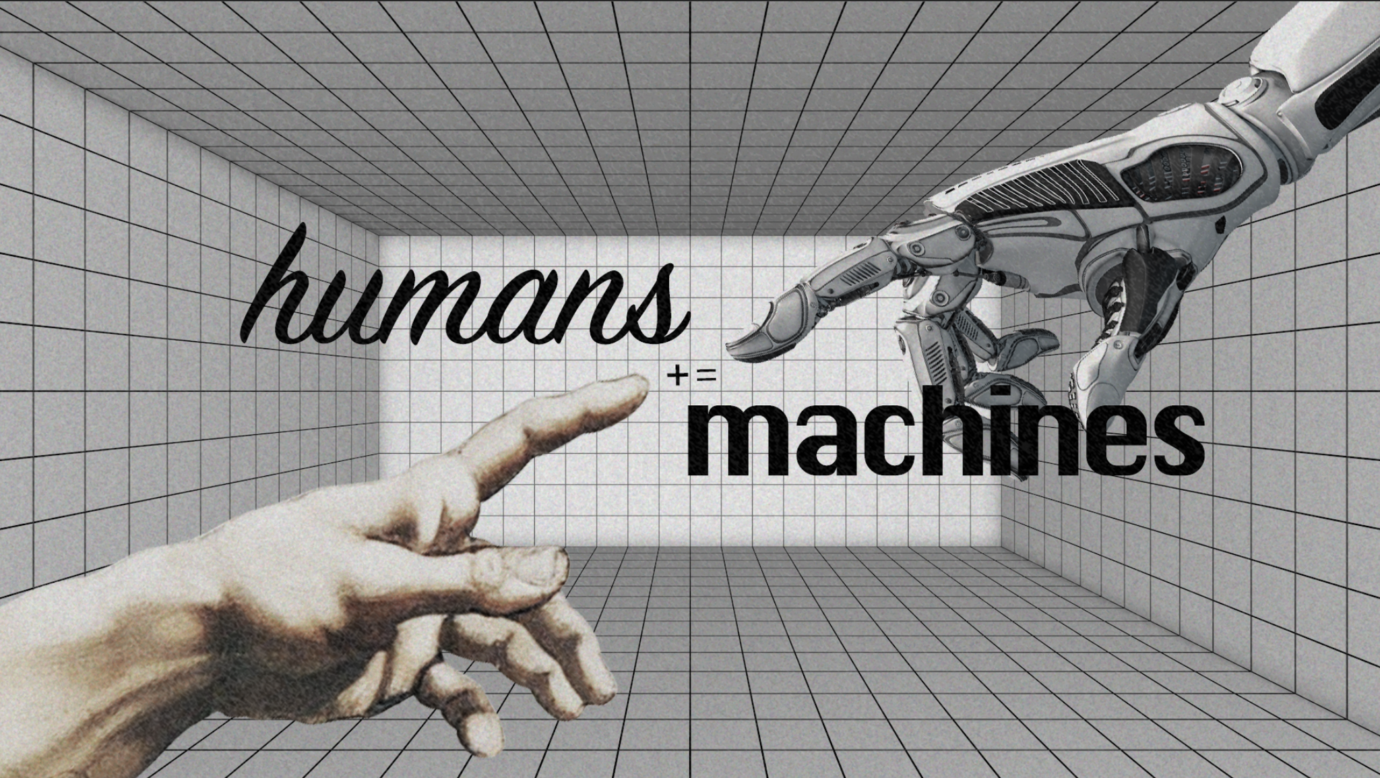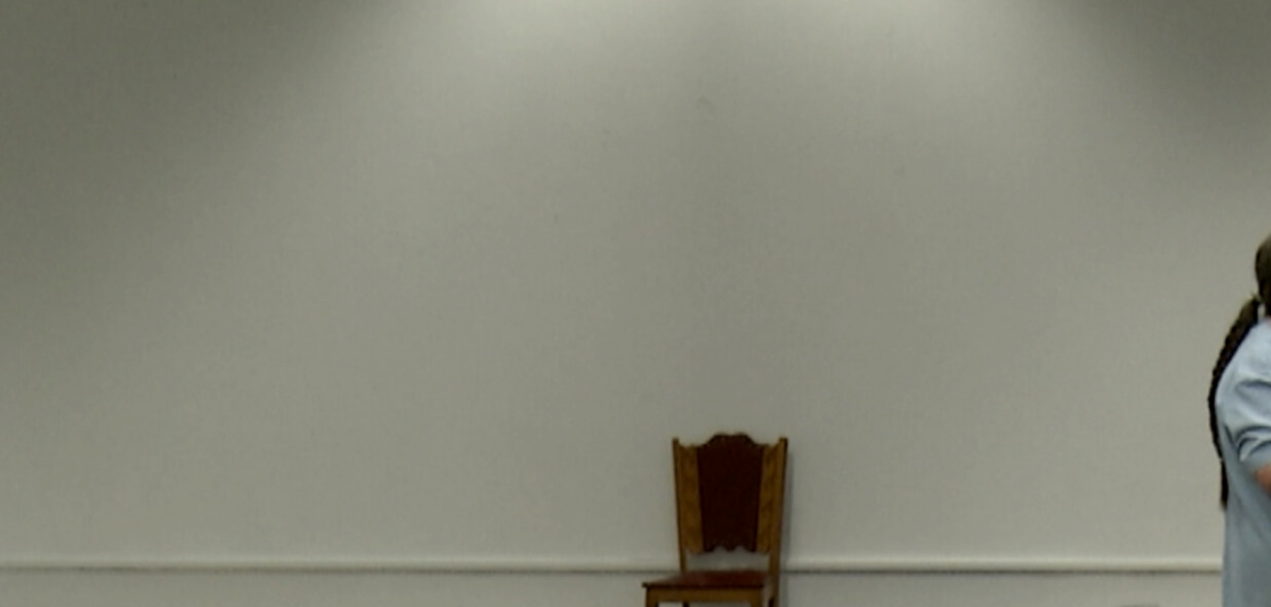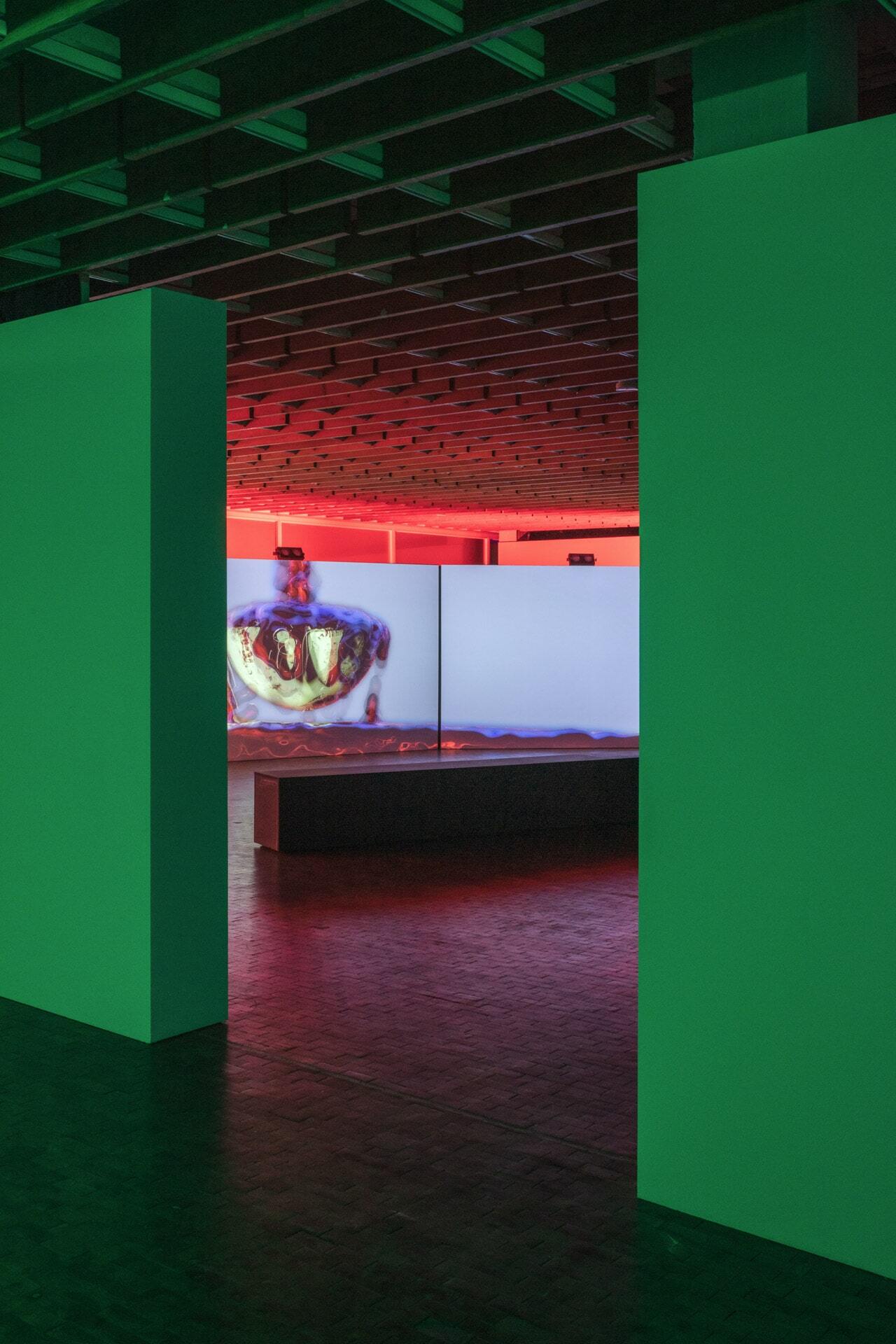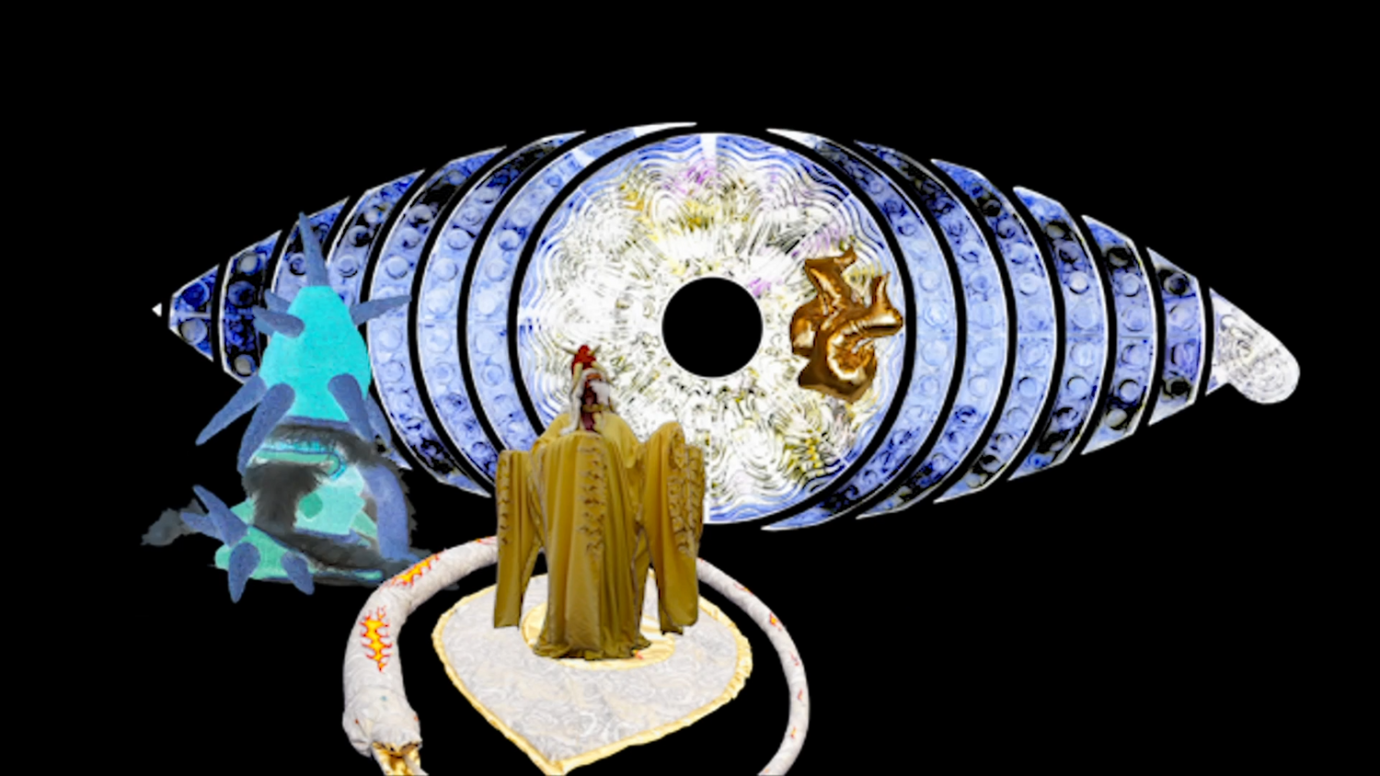Events
Global Dance Collaboration in the Metaverse
This showcase performance is a vibrant and diverse showcase of experimental work with motion capture in practices of remote choreographic collaboration, sharing the outputs of a six-month digital dance research residency. Six teams of both dancers and creative technologists – from India, Thailand, Malta, Brazil, the US and the UK, will present unique breakthrough work in their own dance style and aesthetic.The Arts and Humanities Research Council-funded Goldsmiths Mocap Streamer project ‘Building an international network for virtual dance collaboration’ has developed work with six teams in a six-month artist residency(Opens in new window). This project showcase event will be a combination of live dance, immersive screen-based performance, and playful interactive installation. It is present in a hybrid in-person and live-streamed mode with remote dancers performing together within a virtual and interactive environment. The six project outputs will be presented within an afternoon programme of presentations and conversations – come for some, or all of these exciting team presentations.
Global Dance Collaboration in the Metaverse
humans+=machines
Where music, technology and performance intersect humans+=machines is the first of a series of public audiovisual performances (this time) featuring Polish and Maltese artists exploring the boundaries of performance through digital technology and electronic music.
Electronic Music Malta (EMM) together with the Department of Digital Arts of the University of Malta and the Lodz Film School host this debut event featuring Polish audio visual artists FilipGabriel Pudlo and Bartłomiej Talaga in collaboration with music artists from EMM.Pudlo’s performance allows the audience to feel the pulse of the world in a short but immersive performance. Its genesis is formed around sound generated by the Internet to continue into the second act where the performer takes over.Talaga is a multimedia artist and educator. His past works include photography, sound, video, and installation.
the ordinary lives of women
One pitfall of feminist narratives can be to separate the female condition from ecology, economy or nationalism; to detach it from what constitutes and sustains it. Another misleading tendency is to place the limelight on women’s prominent achievements, forgetting the daily struggles many face in order to maintain their environment. These are the main issues The Ordinary Lives of Women exhibition challenges.The ten female artists within this exhibition approach the multi-faceted lives of those identified and identifying as women around the world. They address the mundane in the revolutionary and reveal the revolutionary within the mundane. Going beyond iconic and visible moments of feminist acts, they explore how other, less conspicuous acts, such as radical care, can disrupt and sabotage established power, reflected in Antigone’s ultimately fatal refusal to leave her brother’s corpse unburied. Here, the artists do not necessarily defend any feminine or female essence, but rather attempt to reclaim a space for female politics and restate how power shapes every aspect of women’s lives. What may be common to all the works in the exhibition are the quandaries in which women find themselves daily. Women are possessors of bodies which at the same time are publicly owned. Patriarchy offers little recognition of the daily gestures that women implement in order to keep unofficial history alive, to defend the rights of the undervalued, to work and care simultaneously; in other words, the wide variety of women’s modes of resistance.Placing the limelight on the achievements of individual women leaves little space in which to acknowledge the lives of women on an equal footing, and with equal rights and respect. The Ordinary Lives of Women, instead, gives visibility to the mundane, to its constraints and its revolutionary potential. There can be revolution in the mundane, just as there can by mundanity in the revolutionary process.
Co-curators: Elise Billiard Pisani, Margerita Pulè
Exhibition design: Noura AbdelhafidhFilm
programme: Nicole Bearman
Catalogue: Ann Dingli
abandon all hope ye who enter here
transmediale creates a space for critical reflection on cultural transformation from a post-digital perspective. For over thirty years, the annual festival for art and digital culture has been bringing together international artists, researchers, activists, and thinkers with the goal of developing new outlooks on our technological era through the entanglement of different genres and curatorial approaches. In the course of its history, transmediale has grown from its beginnings as VideoFilmFest to one of the most important events for art and digital culture worldwide.Beyond the yearly event, transmediale is a transversal, dynamic platform with a vibrant community and a strong network that facilitates regular publications and year-round activities including commissions and artist residencies. One of transmediale’s closest cooperation partners is CTM Festival. The German Federal Cultural Foundation (kulturstiftung des Bundes) has supported transmediale as a cultural institution of excellence since 2004.
Such stuff as worlds are made on
Reflecting on human time-scales, alongside the deep time of the universe, this project explores possible inclusive futures via world-building and speculative art practices, while consciously avoiding the replication of colonial models. Ultimately, the project questions what kinds of new worlds can be created and what kind of rules these worlds will have to follow.
Informed by Donna Haraway’s Speculative Fabulations this exhibition looks towards cosmologies and ecosystems for inspirations, answers, and prophecies. Exploring practices that are speculative rather than empirically scientific, it reflects on the limits of human knowledge of our own planet, alongside humankind’s increasing desire to extend itself to neighbouring planets and planetary systems.In very recent years on the human time-scale, we have witnessed multiple moon landings, frequent image flow from Mars and the neo-colonial ambitions of a small number of billionaires. This project shifts the perspective towards non-privileged humans, nonhumans, biomes and Martian life forms in order to reflect on space colonisation and planetary time.Looking back through millennia, the project imagines the births and deaths of planets, the creation of the cosmos, the universe, and our home the earth. Looking forward, the project speculates on how other worlds are being explored or created, and questions if space really is humankind’s final frontier.New and existing works – and the interaction between them – seek a deeper understanding of the origins of humankind in cosmological, geological and evolutionary terms that can serve to develop long-term evolutionary perspectives. Is humankind struggling in its capacity to face up to the existential crises it is facing? What can we learn from other life forms that have lived through similar extinction-threatening events? And will future generations be born into?
The exhibition is curated by Antje Liemann, Margerita Pulè (Unfinished Art Space) and Letta Shtohryn (Whatdowedonow?)
Website design
: Letta Shtohryn
Technical support: Andrew Pace
Catalogue design: Christian Lorenz
Communications : Manuela Zammit
This project is supported by Arts Council Malta
Remote Chaos Experience
The Rise and Fall of “Social Bot” Research
Painting Tech Dystopia: How the West tells itself fairytales about Asia – and believes they are real
Van Gogh TV – Piazza virtuale Hallo hallo ist da jemand?
Union Busting What is it and why you should care
Day to Night Timelapse Photography: “The Holy Grail”
When Wikileaks bumped into the CIA: Operation Kudo exposed
How to add Critical Thinking to your Making
“Information. What are they looking at?” A documentary on privacy for the broad audience.
Julian Assange and WikiLeaks: anatomy of a persecution
Stop general data retention in the EU – current plans for mass surveillance
Chinas Sozialkreditsystem: Das gefährlichste Bonitätssystem der Welt
Warum personalisierte Werbung verboten werden muss
Raconteurs – Drawings by Seb Tanti Burlò
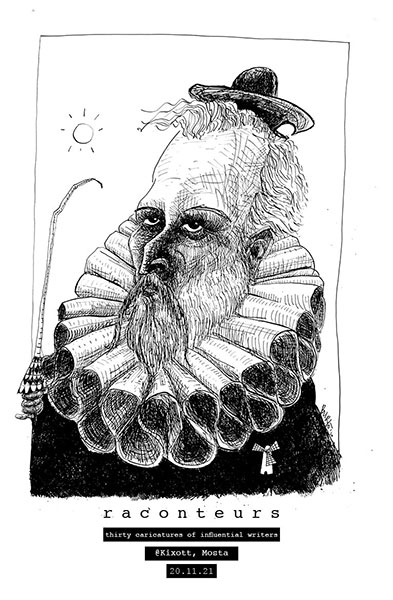
A series of thirty pen and ink caricatures of writers who influenced me by the age of thirty.“It was books that taught me that the things that tormented me most were the very things that connected me with all the people who were alive, or who had ever been alive.”– James Baldwin.
Debatable Land(s)
Debatable Land(s) is the latest chapter of the long-term, research-based art project Fleeting Territories, resulting from the project Mapping Malta I- II, which took place in 2018. In the connection of the two actually opposing terms “fleeting” and “territory”, the Fleeting Territories project series see spatial coordinates not simply as stable or fixed values, but rather as aiding in the identification and negotiation of [in]visible mechanisms, which in turn organise and shape cities, land[scapes], human and more-than-human interconnections. Rights, laws, politics, and economies, as well as emotions play a central role in the appropriation of territories.By forming temporary collectives and performative forums, Fleeting Territories ask questions such as which materialities and regimes of spatial concepts can be identified, and which artistic tools can be employed to measure and experience them.The project’s findings will be presented in Malta in October 2021.
Elektronika Session 1 – Evolution
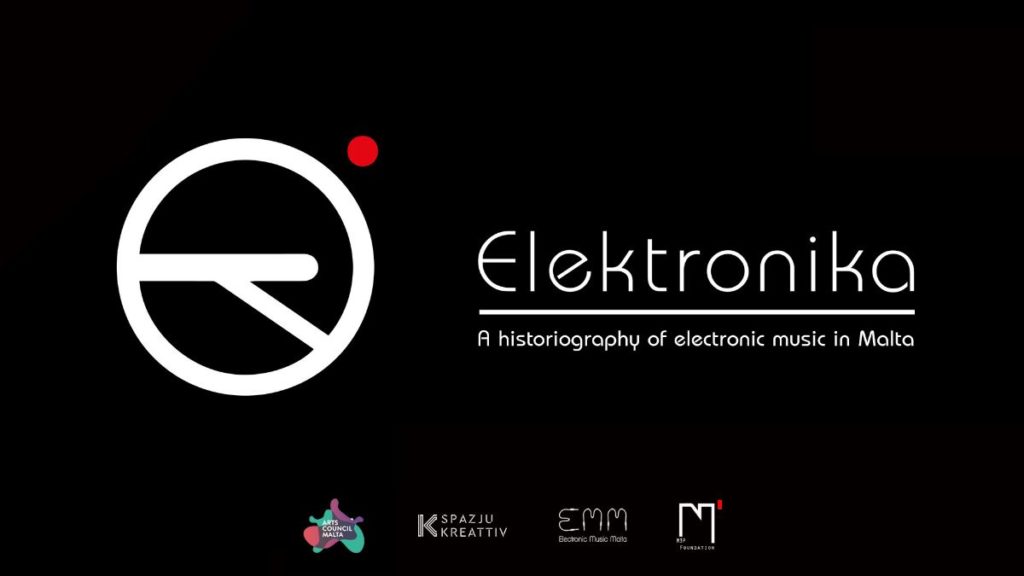
Elektronika is a project which was launched last February, and aims to develop a historiography of electronic music in Malta. During this summer, Elektronika will enter into a new stage with a series of oral history sessions by which the development and evolution of the electronic music scene in Malta will be explored.The first of such sessions will be called: ‘Session 1: Evolution (focus on the DJ era)‘. Michael Bugeja who is this project’s research co-ordinator will be interviewing four of Malta’s pioneering dj’s in the electronic music scene: Coco, David Dee, Brian James and Owen Jay. The session will be followed by a 1 hour dj set from ‘Tres Moody’ which is a project consisting of David Dee, Brian James and Owen Jay.

